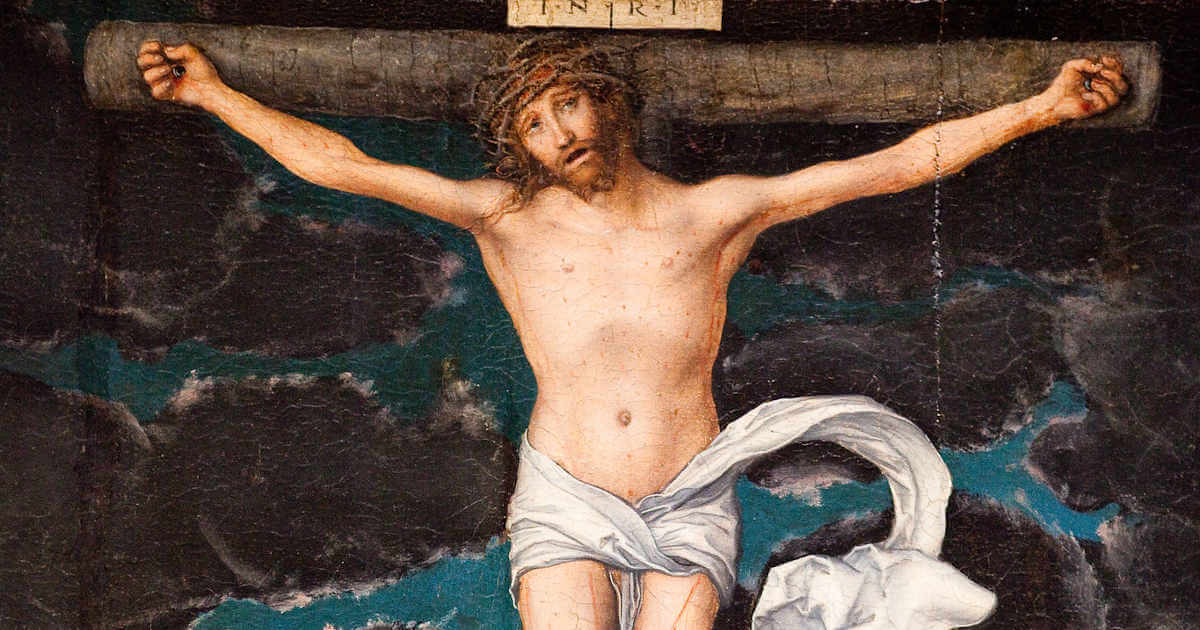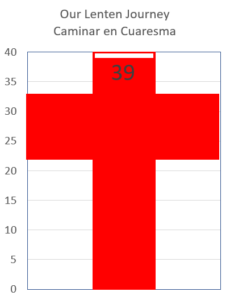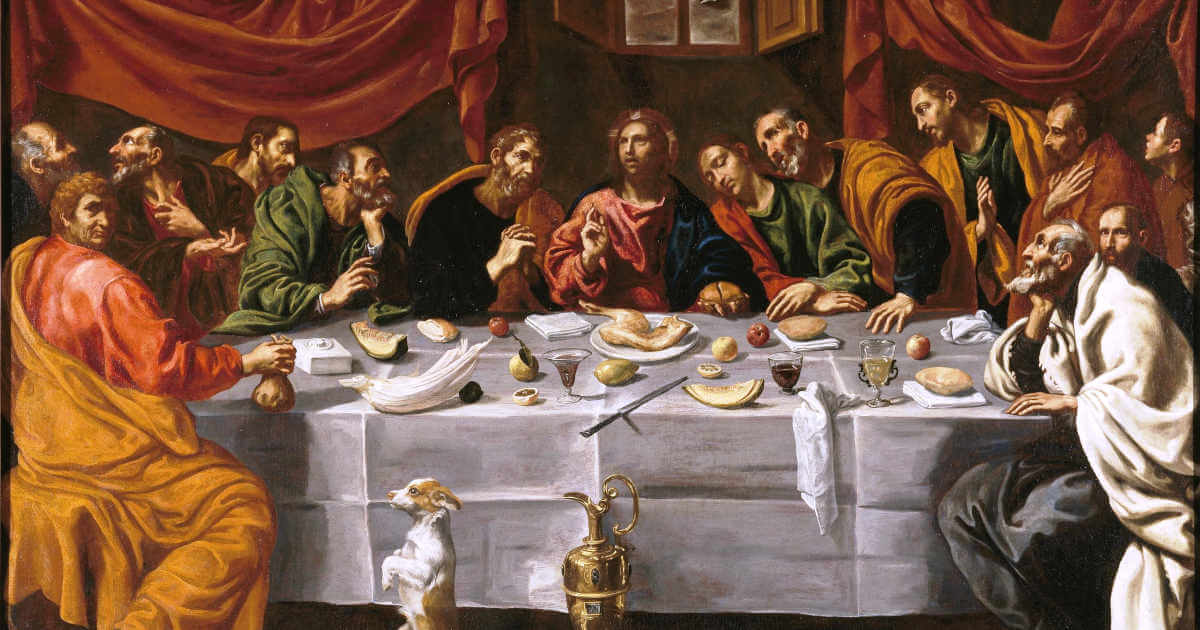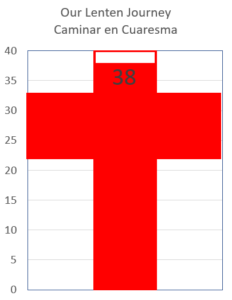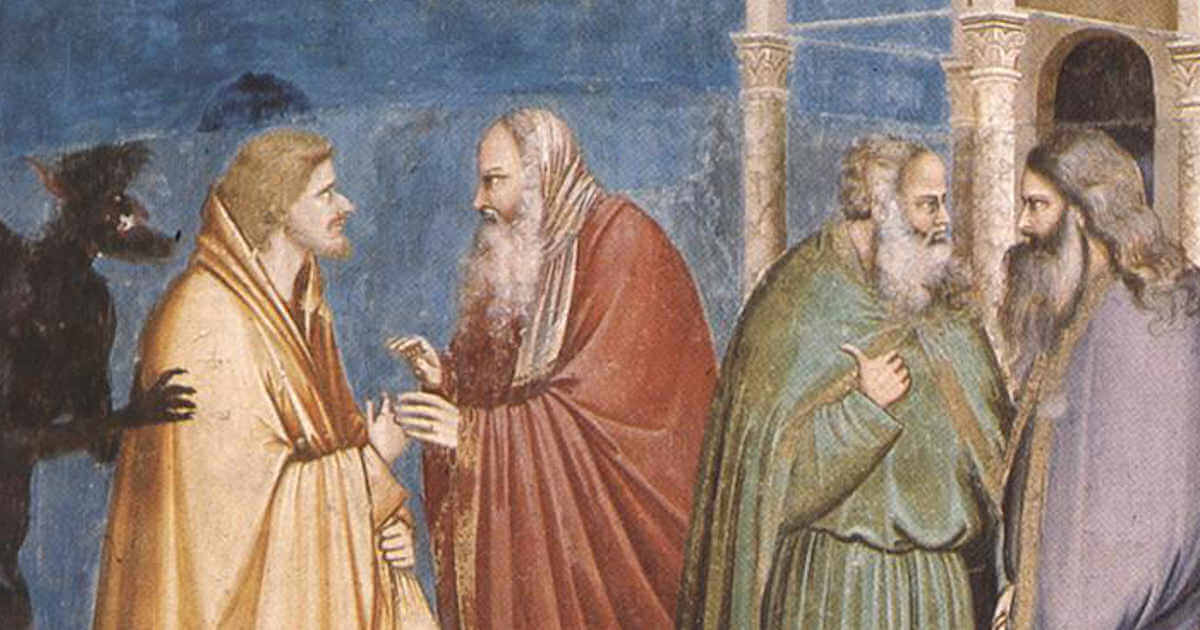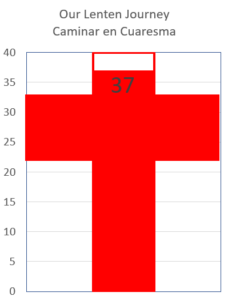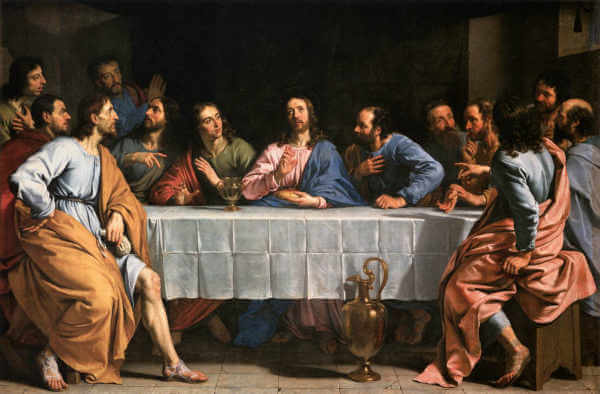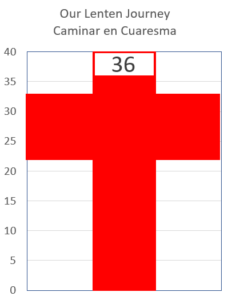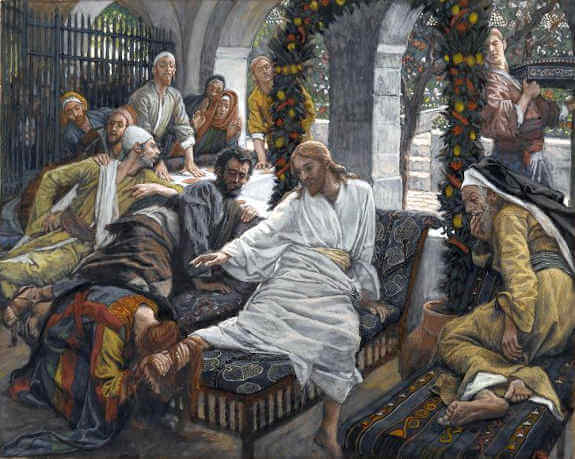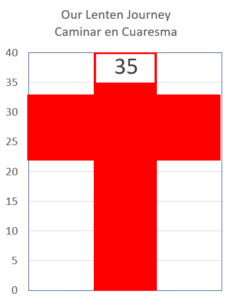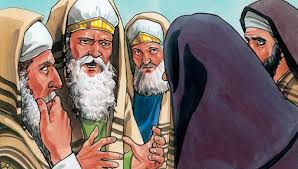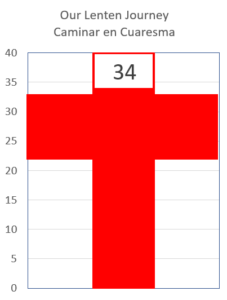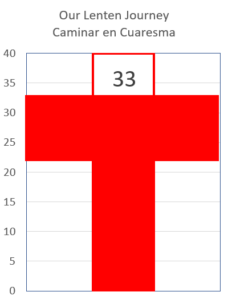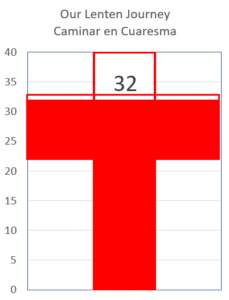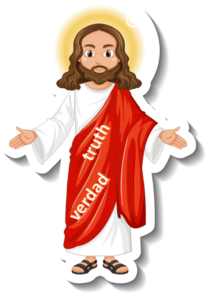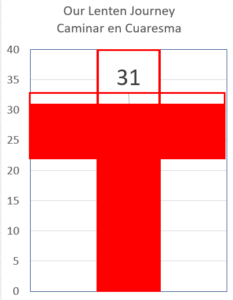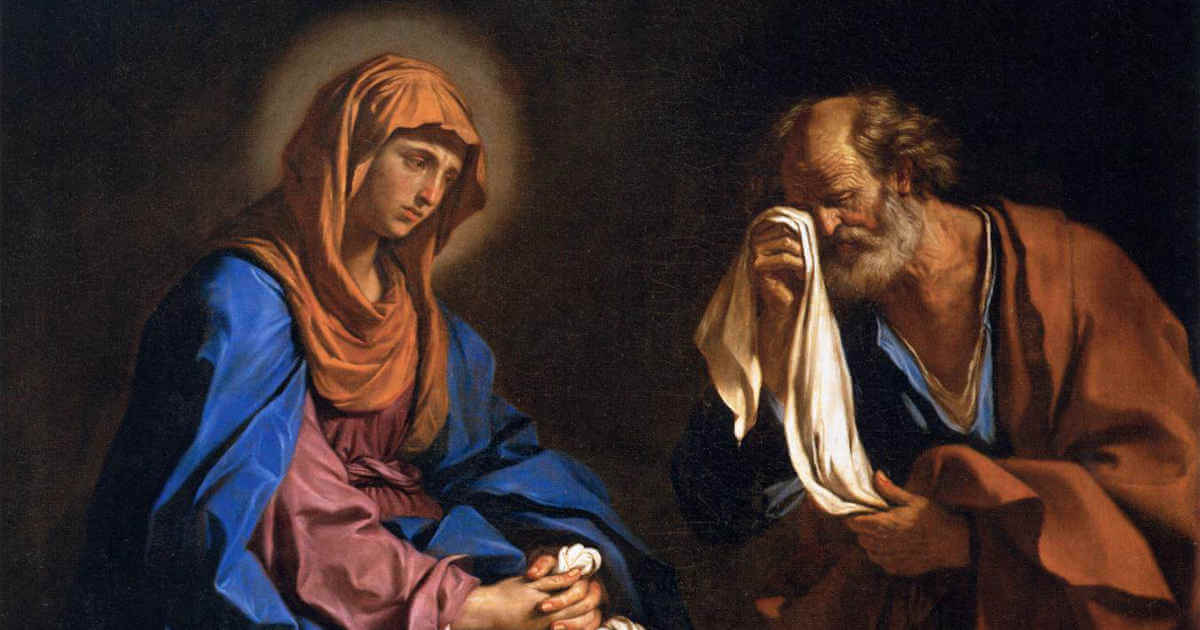

Our Lenten Journey / Caminar en Cuaresma
versión en español
Holy Saturday – April 8 – Day 40
Holy Saturday with Mother Mary
The Savior of the World died a cruel death upon the Cross. His broken body was laid in the tomb. His disciples scattered and were fearful that they would be next. But our Blessed Mother kept vigil in the perfect hope that her Son would soon rise.
Traditionally, Saturdays within the Church year are dedicated to the Blessed Virgin Mary. This ancient tradition developed in part due to the belief that, as others were filled with fear and confusion, Mother Mary kept vigil on Holy Saturday in prayerful anticipation of Jesus’ resurrection. She knew her Son would rise. She had hope beyond hope. Her faith was certain. Her love kept her vigilant as she awaited the return of her Son.
For many centuries, it has been suggested that the first person to whom Jesus appeared after His Resurrection was His own mother. Pope Saint John Paul II believed this. Saint Ignatius of Loyola believed it. And many others throughout the centuries shared this belief.
For these reasons, Holy Saturday is an ideal day to ponder the pondering heart of our Blessed Mother. There are several times in Sacred Scripture where we are told that Mother Mary pondered the mysteries of her Son’s life in her heart. She was one of the few who stood by Him in His agony and death. She stood before the Cross and prayerfully pondered His perfect sacrifice. The Blessed Mother held His dead body in her arms and pondered where His spirit had gone. And today she keeps vigil, pondering His imminent return to her.
Ponder her pondering heart. Try to unite your own heart with hers. Try to understand what she was thinking and hoping. Try to feel what she felt this sorrowful day. Try to experience her faith, her trust and her joyful expectation.
So many people in this world walk in despair and confusion. So many have lost hope in the new life that awaits them. So many have their own form of interior death without allowing God to draw them into His Resurrection. So many people today need the hope that was so alive in the heart of our Blessed Mother that first Holy Saturday.
Ponder the reality of Holy Saturday in silence this day and allow the glorious heart of our Blessed Mother to inspire you and draw you more deeply into her life of faith, hope and love.
Let us pray:
Dearest Mother Mary, on that first Holy Saturday, you kept vigil for your Son. You allowed the divine gift of hope to grow within you, and you allowed that hope to be your strength in the midst of the horror of the Cross. Pray for me that I may ponder your beautiful heart this day so that I, too, may be filled with hope as I endure the challenges of this earthly life. Give me a heart of joyful anticipation as I await the grace of new life our Lord so deeply desires to bestow upon me. Mother Mary, pray for me.
Source: mycatholic.life
USCCB Daily Readings: bible.usccb.org/bible/readings/040823.cfm
Sábado Santo – 8 de abril – Día 40
Holy Saturday with Mother Mary
El Salvador del Mundo murió una muerte cruel en la Cruz. Su cuerpo quebrantado fue colocado en la tumba. Sus discípulos se dispersaron y temieron que serían los siguientes. Pero nuestra Santísima Madre velaba con la perfecta esperanza de que su Hijo resucitaría pronto.
Tradicionalmente, los sábados dentro del año de la Iglesia están dedicados a la Santísima Virgen María. Esta antigua tradición se desarrolló en parte debido a la creencia de que, mientras otros estaban llenos de miedo y confusión, la Madre María se mantuvo en vigilia el Sábado Santo en oración anticipando la resurrección de Jesús. Ella sabía que su Hijo resucitaría. Tenía una esperanza más allá de la esperanza. Su fe era segura. Su amor la mantuvo vigilante mientras esperaba el regreso de su Hijo.
Durante muchos siglos, se ha sugerido que la primera persona a la que Jesús se le apareció después de Su resurrección fue Su propia madre. El Papa San Juan Pablo II creía esto. San Ignacio de Loyola lo creía. Y muchos otros a lo largo de los siglos compartieron esta creencia.
Por estas razones, el Sábado Santo es un día ideal para meditar el corazón meditabundo de nuestra Santísima Madre. Hay varias veces en la Sagrada Escritura donde se nos dice que la Madre María meditaba en su corazón los misterios de la vida de su Hijo. Ella fue una de las pocas que estuvieron a su lado en Su agonía y muerte. Se paró frente a la Cruz y reflexionó en oración sobre Su sacrificio perfecto. La Santísima Madre sostuvo Su cuerpo muerto en sus brazos y reflexionó sobre adónde se había ido Su espíritu. Y hoy vela, pensando en su inminente regreso.
Reflexiona sobre su corazón reflexivo. Trate de unir su propio corazón con el de ella. Trate de entender lo que ella estaba pensando y esperando. Trate de sentir lo que ella sintió este día doloroso. Traten de experimentar su fe, su confianza y su gozosa espera.
Tanta gente en este mundo camina en desesperación y confusión. Muchos han perdido la esperanza en la nueva vida que les espera. Muchos tienen su propia forma de muerte interior sin dejar que Dios los atraiga a su Resurrección. Tantas personas hoy necesitan la esperanza que estaba tan viva en el corazón de nuestra Santísima Madre ese primer Sábado Santo.
Reflexiona sobre la realidad del Sábado Santo en silencio este día y permite que el glorioso corazón de nuestra Santísima Madre te inspire y te atraiga más profundamente a su vida de fe, esperanza y amor.
Oremos:
Queridísima Madre María, en aquel primer Sábado Santo velaste por tu Hijo. Dejaste crecer en ti el don divino de la esperanza y dejaste que esa esperanza fuera tu fuerza en medio del horror de la Cruz. Oren por mí para que pueda reflexionar sobre su hermoso corazón este día para que yo también pueda estar lleno de esperanza mientras soporto los desafíos de esta vida terrenal. Dame un corazón de gozosa anticipación mientras espero la gracia de una nueva vida que nuestro Señor desea tan profundamente otorgarme. Madre María, ruega por mí.
Lecturas de Hoy: bible.usccb.org/es/bible/lecturas/040823.cfm
